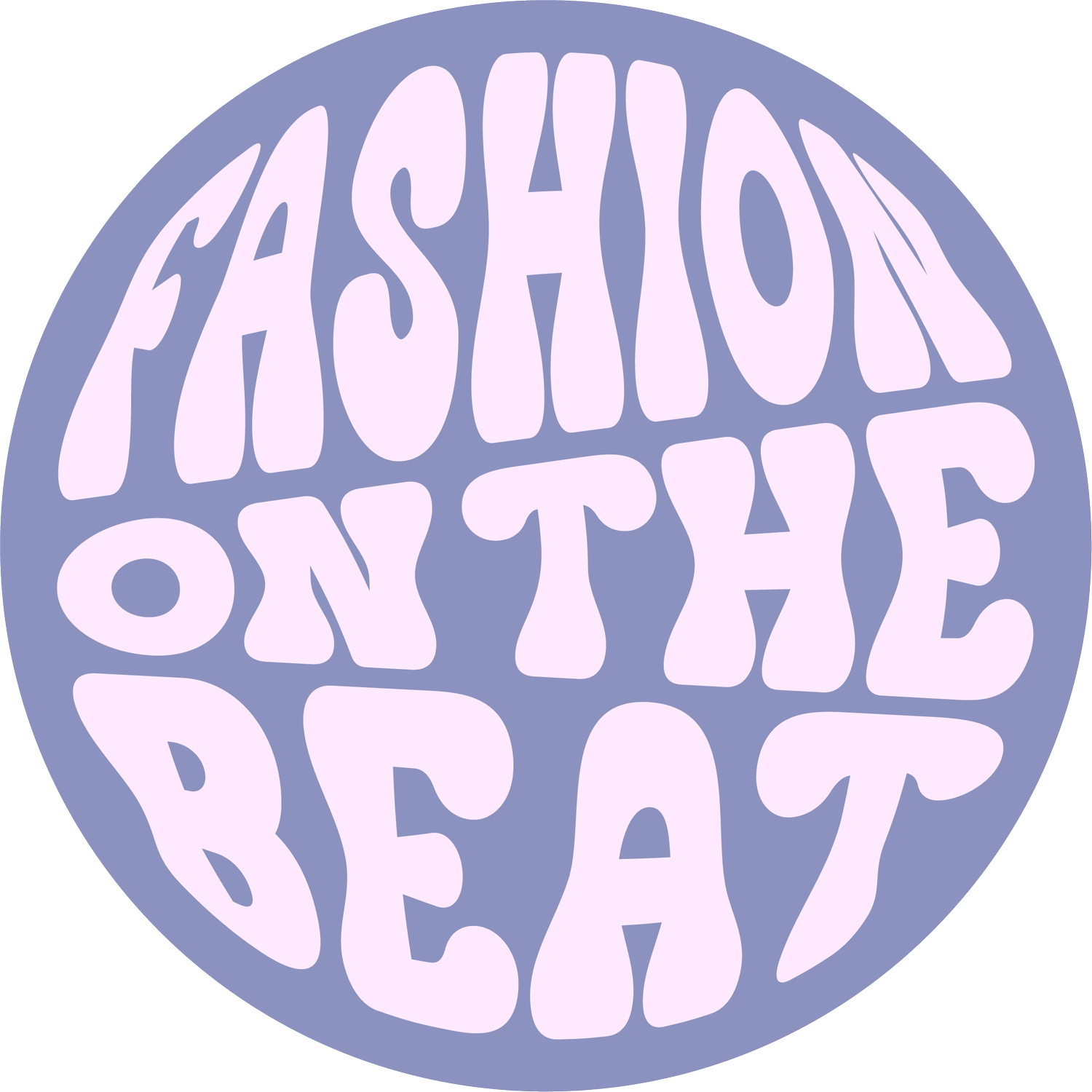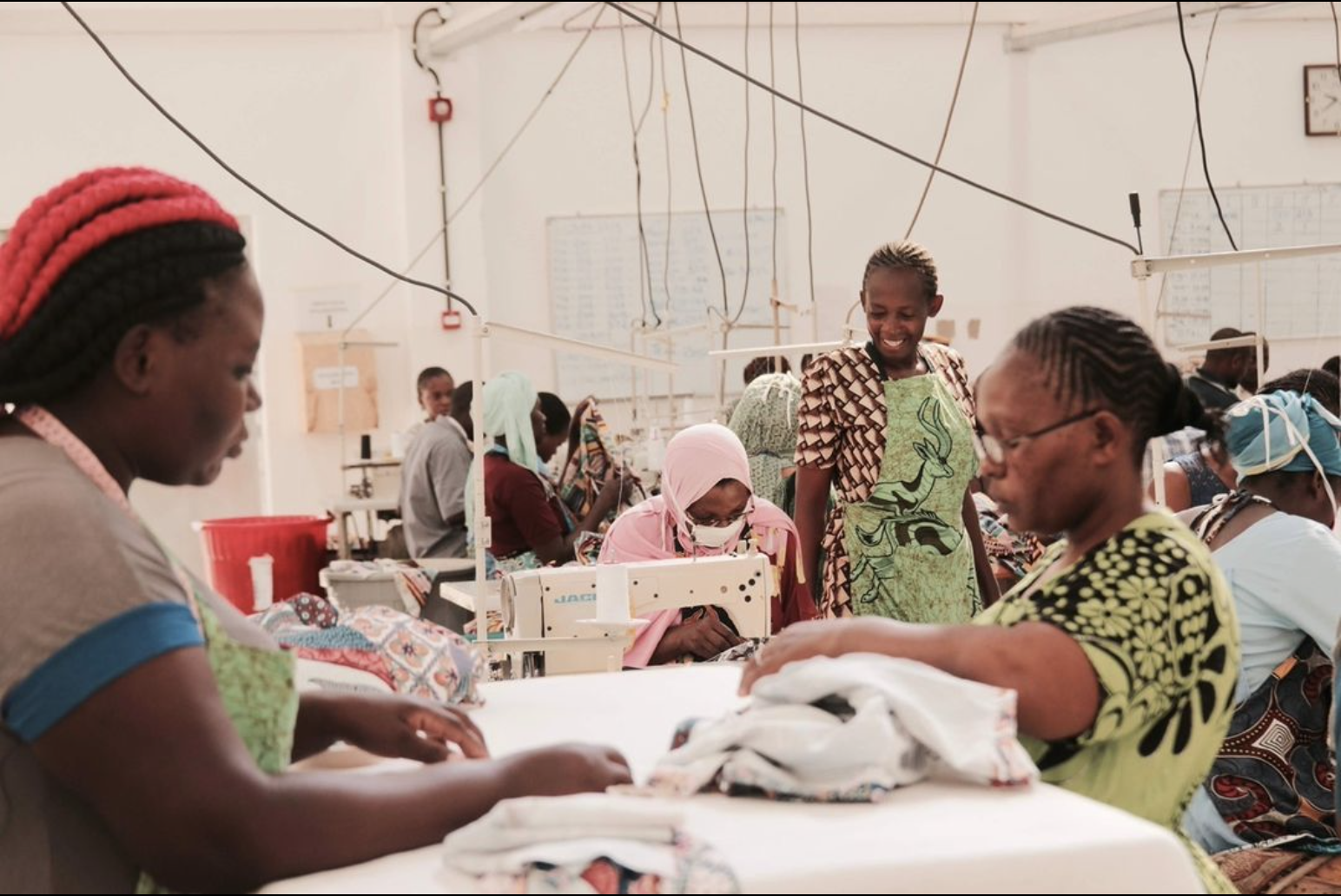Meet SOKO Kenya: The Ethical Clothing Manufacturer Supported by Michelle Obama
Fashion is a world of kaleidoscopic landscapes blanketed in a range of fabrics. Each thread, sequin, and stitch plays a vital role in molding and uniting trends, cultures, and the world's stories.
Famed for its scenic terrains, ample wildlife, and thriving culture, Kenya is home to a clothing manufacturer built on preservation and awareness — a mirror image of the country's many initiatives aimed toward protecting the rich nature and history of the land, its people, and its animals. Founded in 2009 by its Founder and CEO, Joanna Maiden, SOKO Kenya has dedicated over a decade to cultivate an organization that puts 'people, communities, and life at the heart of everything they do.
In 2011, the former First Lady Michelle Obama wore a sleeveless shirt on one occasion and a pencil skirt on another, both produced by SOKO Kenya for ‘ASOS Africa’. "One of my proudest moments was seeing Michelle Obama wearing clothes we had made. The first time we saw press images coming through, the team didn't believe me and thought a 'proper' factory (to use their words) must have produced the same garment. The reality is, I started with four people in a small outbuilding, and two moves later, we are now in a modern advanced facility, but for us all, the emphasis has always been on creating quality garments, and this, along with the great partnerships we have made with our clients, has enabled us to grow," conveyed Maiden in her SOKO Kenya website feature.
In pursuit of equality and an elevated standard of living across every social class, SOKO Kenya works in collaboration with fashion brands and retailers worldwide to manufacture their visions of exquisite quality and style from an ethically and environmentally conscious approach. This aspect of their business falls into one of its two key divisions, the SOKO Kenya Factory, aimed to equip its commercial arm with a green thumb.
Simultaneously emphasizing a priority to maintain its identity as a people-first company and one possessing environmental responsibility, SOKO works to create fair and ethical work environments and opportunities, develop sustainable and honest pricing structures, and commit to an eco-friendly production process. Through solar panels, rainwater collection, and waste upcycling, the company remains dedicated to improving and adding value to its customers' way of living whilst minimizing its environmental footprint. Additionally, the staff is paid a living wage, provided with a free lunch at work, medical training and care, along with nursery support and work flexibility for single working mothers. Relayed by Maiden, “I believe the fashion industry can be used as a force for good, and since arriving in Kenya in 2009, I have been building a company on this foundation”.
Alongside the retail operations, the SOKO Community Trust provides a variety of workshops and training centered around developing and enhancing the social, economic, and environmental skills of local communities. As part of its efforts, the Trust runs the company's female sexual health program, the Kujuwa Initiative, tackling fundamental concerns and misconceptions surrounding women's sexual reproductive health and rights and menstrual hygiene management. In Swahili, Kujuwa represents knowledge, and this social enterprise pursues exactly that in schools, extracurricular clubs, and residential camps. By educating both girls and boys, as well as teachers and family members, about female reproductive health and hygiene, they ensure that girls are offered the same opportunities as boys, preaching:
“A monthly period should not be a barrier for girls. It should not hinder girls from attending school. It should not cause embarrassment or shame. We encourage girls to respect their bodies, fight for equality, and to aspire toward a great future. We support boys to gain respect and understanding for the lifecycle of a woman's body”.
The Community Trust manages the Stitching Academy, which has seen off 183 graduates to date, more than 120 of whom have secured permanent employment. Some of the academy's alumni ground themselves at the root of the company, contributing to the Kujuwa Initiative's production of high-quality and inexpensive reusable period products, such as the sanitary pads they create by up-cycling waste materials from the SOKO Factory.
"The world is changing for the better, and our manufacturing and community work directly supports the aspirations set out in the United Nation's Sustainable Development Goals around education, empowering women, creating job opportunities, and managing waste", they share on their website.






